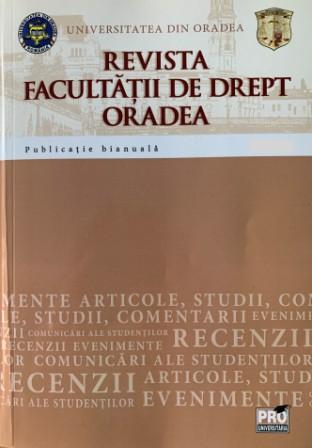THEORETICAL FOUNDATIONS OF THE RIGHT TO FREEDOM OF EXPRESSION BETWEEN THE SOCIAL GOOD AND INDIVIDUAL INTERESTS
THEORETICAL FOUNDATIONS OF THE RIGHT TO FREEDOM OF EXPRESSION BETWEEN THE SOCIAL GOOD AND INDIVIDUAL INTERESTS
Author(s): Raed GHANEMSubject(s): Law, Constitution, Jurisprudence, Human Rights and Humanitarian Law, Philosophy of Law
Published by: Editura Pro Universitaria
Keywords: Freedom of Expression; Social Good; Individual Interests;
Summary/Abstract: The historical development of human rights coincided with the emergence and development of many philosophical and legal schools and currents. The diversity of these schools has played a role in producing different theories about the various foundations of human rights, including the right to freedom of expression. These theories produced a debate about the factors and criteria adopted by the founders and supporters of those theories in justifying the right to freedom of expression. In other words, the theoretical justifications for freedom of expression may differ according to the perception of the role and nature of freedom of expression. This led to classifying those theoretical justifications, on the basis of the targeted interest, into two categories. The first category is based on the role of freedom of expression in serving the social good. One such argument is the Pursuit of Truth ” and Democracy The other category represents the theories and arguments that were based on the role of freedom of expression in serving the interests of individuals and expressing their existence. The most important of these arguments are Autonomy ” and Human Dignity This paper reviews these four arguments in view of the interest factor that freedom of expression can serve.
Journal: Revista Facultății de Drept Oradea
- Issue Year: 1/2023
- Issue No: 1
- Page Range: 169-180
- Page Count: 12
- Language: English

